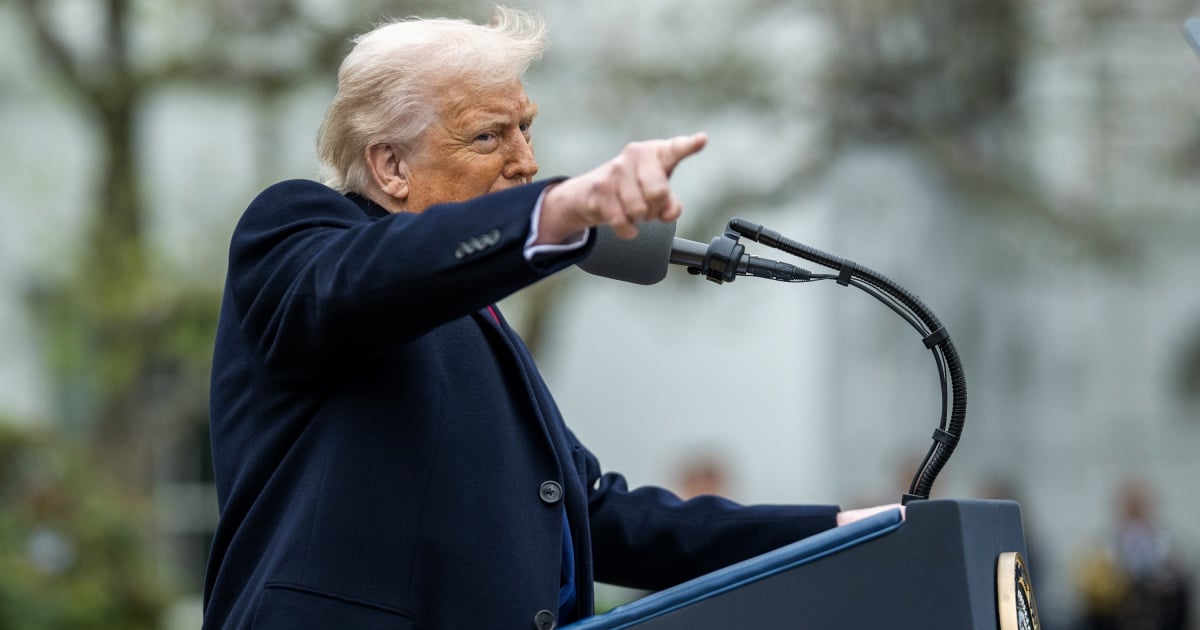A Cuban national has been slapped with a hefty $690,000 fine by the U.S. government for remaining in the country despite having a final deportation order. The case surfaced through the individual’s own account, shared with journalist Daniel Benítez, highlighting an assertive application of immigration policy reinstated during the Trump era.
Personal Account from the Affected Individual
According to the Cuban immigrant, he has been residing in the United States for 12 years. Initially, he lived legally under residency status for five years. However, a federal conviction led to a three-year prison sentence. During the last six months of incarceration, he was transferred to an Immigration and Customs Enforcement (ICE) facility, awaiting deportation.
The deportation process was halted when the Cuban government refused to accept him, forcing U.S. authorities to release him under parole, a situation that has persisted for two years. During this period, he was granted a one-year work permit, recently renewed, with an upcoming immigration appointment in December.
Nonetheless, he was recently informed of the $690,000 fine for staying in the U.S. after receiving a deportation order. “I received a letter two days ago stating that I am still in the country after my deportation order, and they intend to fine me $690,000. Coincidentally, I just received another year-long work permit and have my annual immigration appointment in December. Should I respond to the letter?” he asked in his message.
In response, journalist Daniel Benítez, who has closely followed similar cases, urged the individual to seek specialized immigration legal advice immediately for potential legal paths. “The first step is not to ignore the letter. Consulting with an immigration attorney as soon as possible to respond within the legal timeframe is crucial. Ignoring it could worsen the situation,” Benítez advised.
Legal Framework and Penalty Enforcement
This case falls under a civil penalty strategy developed under a 1996 immigration law, reactivated in 2018 during Donald Trump’s first presidential term and further enforced after his return to the White House in 2025. The law allows fines of up to $998 per day for individuals with final deportation orders who do not leave the country.
Penalties may be retroactively applied for up to five years, with ICE issuing approximately 10,000 fine notifications since June 2025. Recently, authorities no longer need to wait 30 days before notifying their intent to impose penalties. Notifications are now sent directly by mail, and the appeal process has been shortened.
In this specific instance, the $690,000 fine results from the accumulation of daily penalties over an extended period. The fact that the individual holds a valid work permit does not change the legal status of the deportation order or prevent the imposition of the fine.
Voluntary Self-Deportation as an Alternative
As part of its immigration policy, the Trump administration has introduced a supplementary program promoting voluntary self-deportation as a preferred route. Through the CBP Home application, migrants with departure orders choosing to leave voluntarily can benefit from:
- Full waiver of accumulated fines.
- A free plane ticket to their home country.
- A $1,000 cash bonus after confirming their departure.
The Department of Homeland Security (DHS) has been clear: failure to cooperate with the process could lead to fines, arrest, forced deportation, and a ban on legal re-entry to the U.S. in the future. “With a free flight, a $1,000 stipend, and fines waived, illegal immigrants have no excuse to remain in the U.S.,” the DHS stated in an official release.
Similar Cases and Broader Context
This Cuban case is not isolated. A notable example is Wendy Ortiz, a Salvadoran mother in Pennsylvania, fined $1.8 million despite not receiving a formal court summons. Ortiz claimed persecution and risks for her autistic U.S. citizen son, but her case was dismissed following Trump’s return to office.
Other migrants have faced fines totaling tens or hundreds of thousands of dollars, sometimes without knowing a deportation order existed. Some notifications have reached homes with individuals undergoing medical treatment or families with U.S. citizen children.
In certain cases, authorities have considered seizing assets to collect unpaid fines, though this initiative faces technical and legal hurdles. Legal experts warn that, often, access to adequate defense is limited, especially for migrants with limited resources or in vulnerable situations.
The implementation of these punitive measures, coupled with incentives for self-deportation, marks a significant shift in U.S. immigration policy, aiming to reduce the number of individuals with pending orders through voluntary or coercive means. This Cuban individual is the first documented case involving a fine of this magnitude.
Key Questions About Immigration Fines in the U.S.
Why was the Cuban man fined $690,000?
The fine was imposed because he stayed in the U.S. despite a final deportation order, accumulating daily penalties under a reactivated immigration law.
What legal options are available for individuals facing similar fines?
Affected individuals should seek immediate assistance from a specialized immigration attorney to explore legal responses and potential appeals.
How does the voluntary self-deportation program work?
Migrants who choose to self-deport can receive benefits like fine waivers, free flights, and a cash bonus, facilitating their departure from the U.S.
